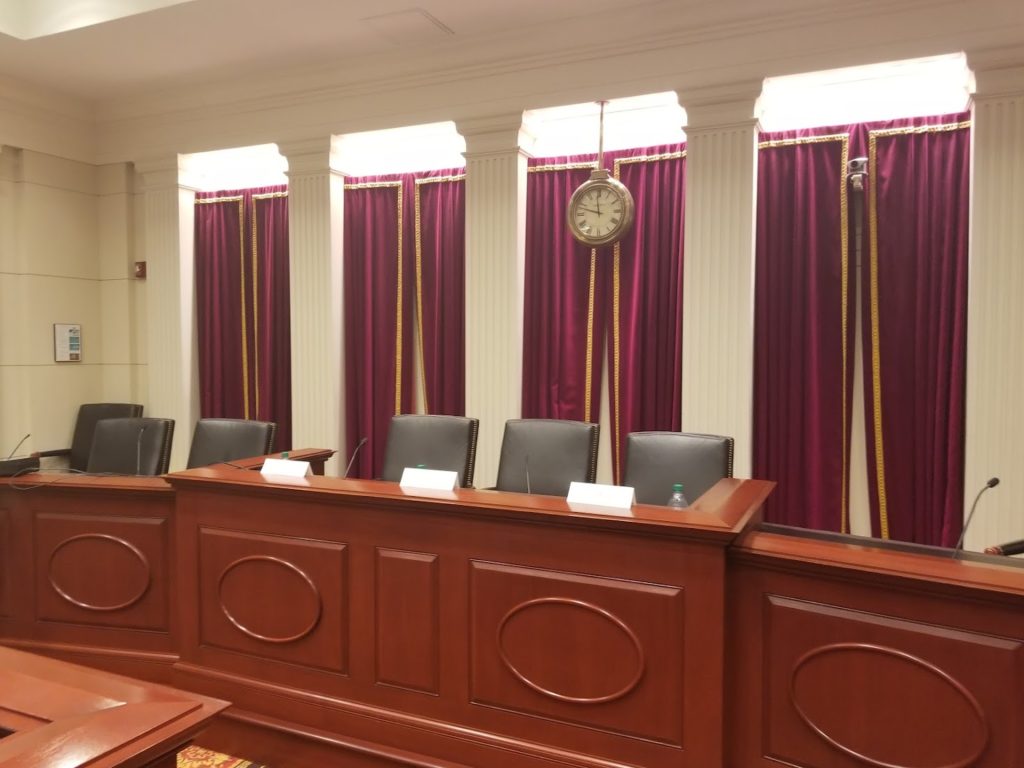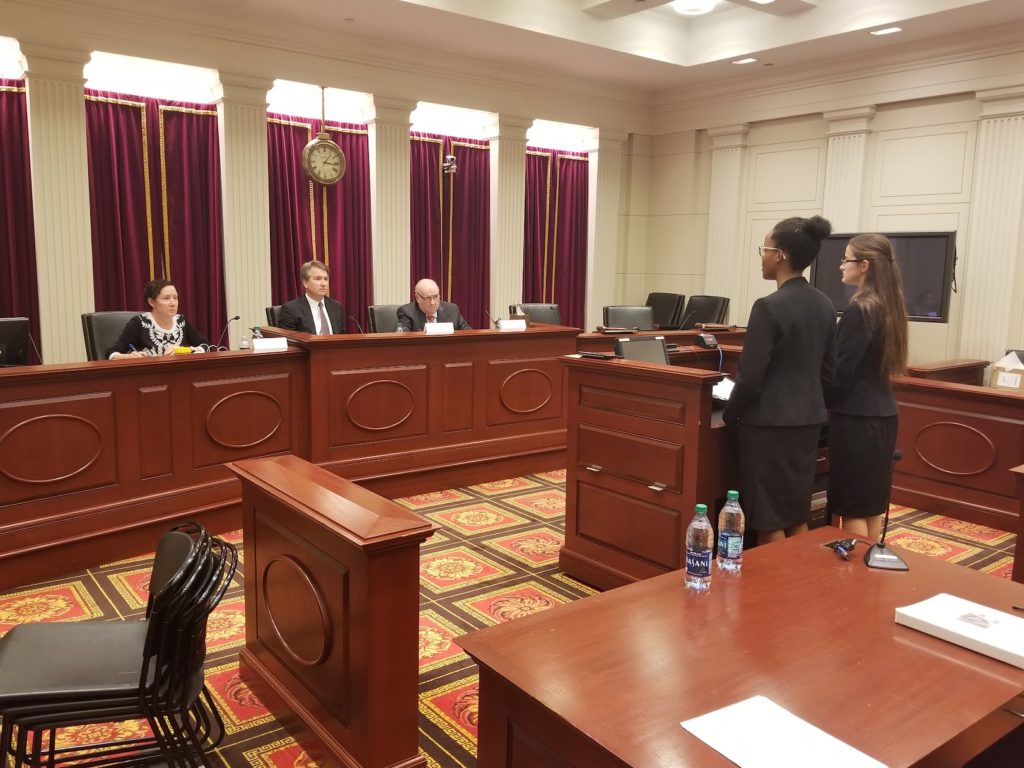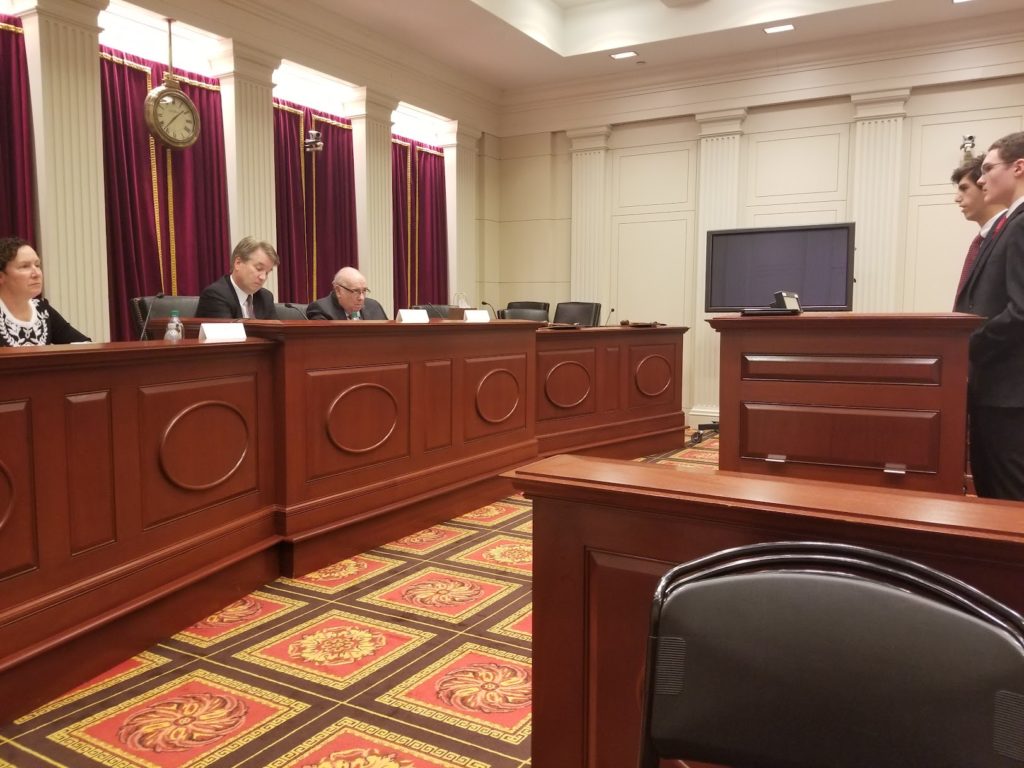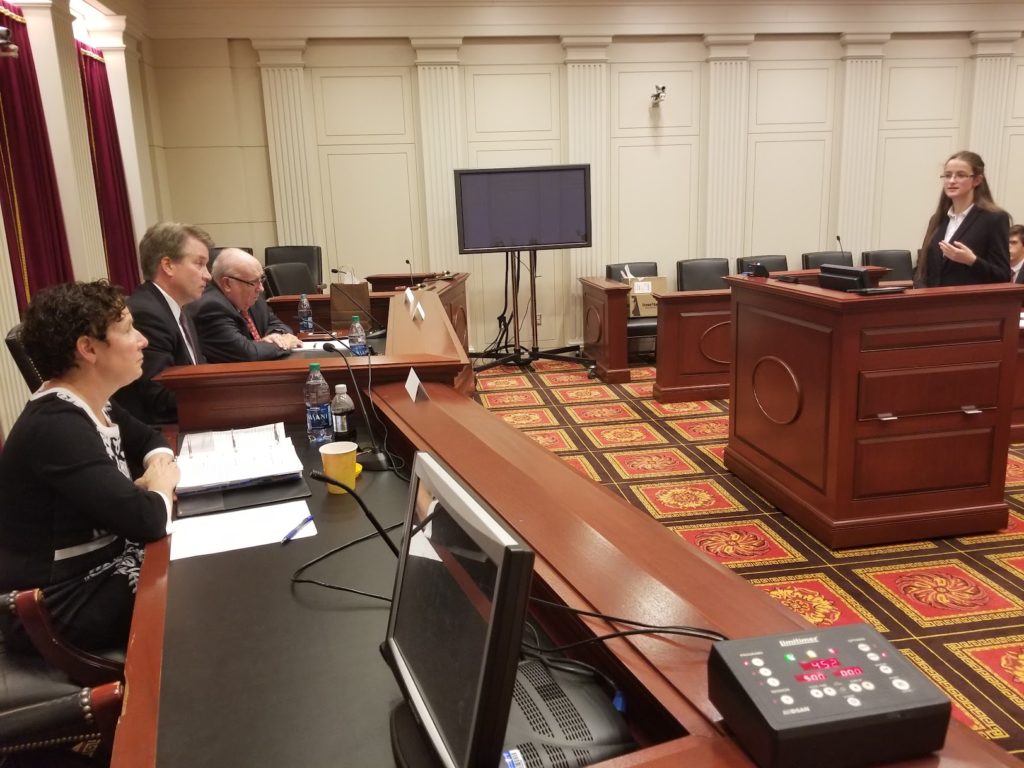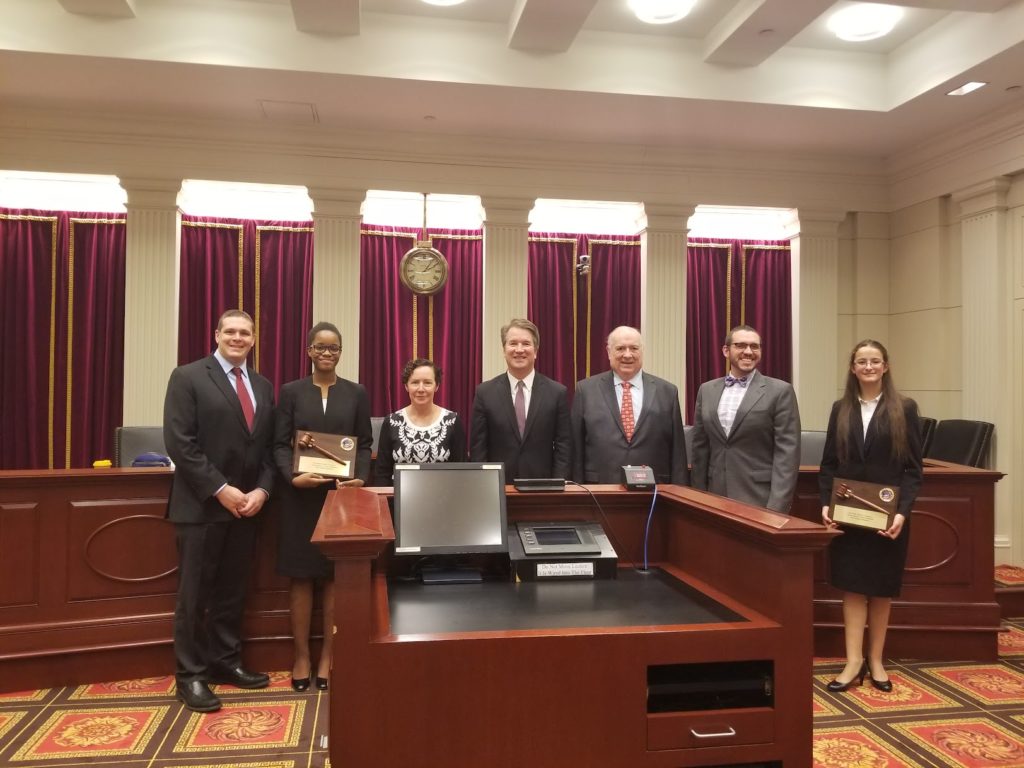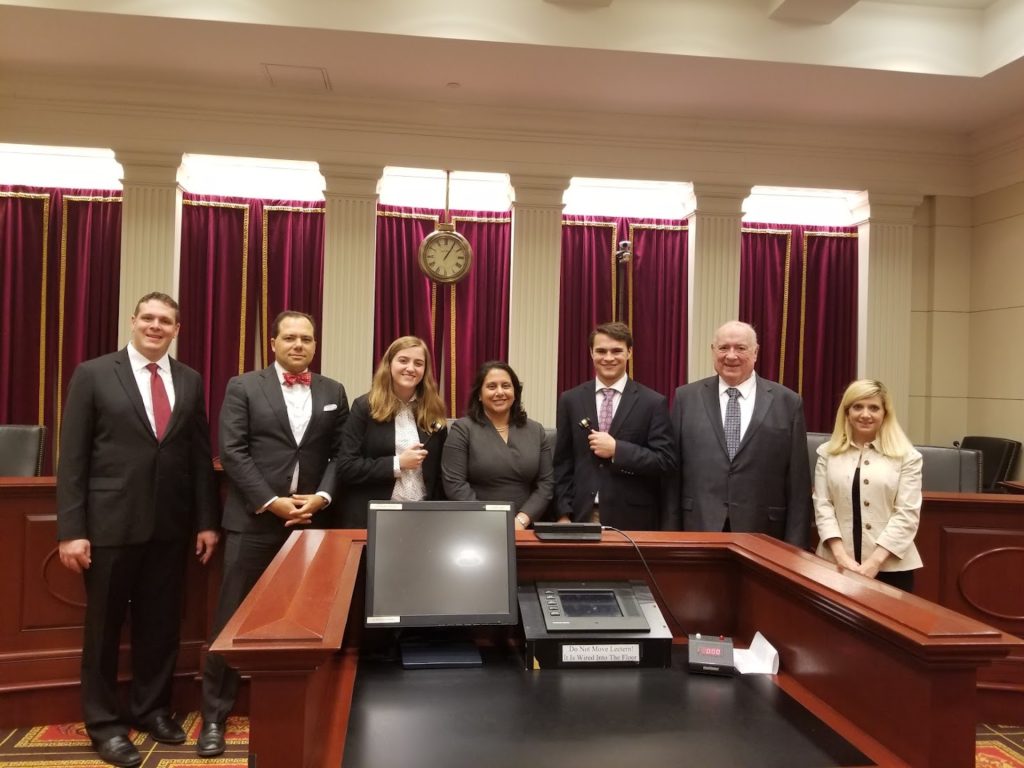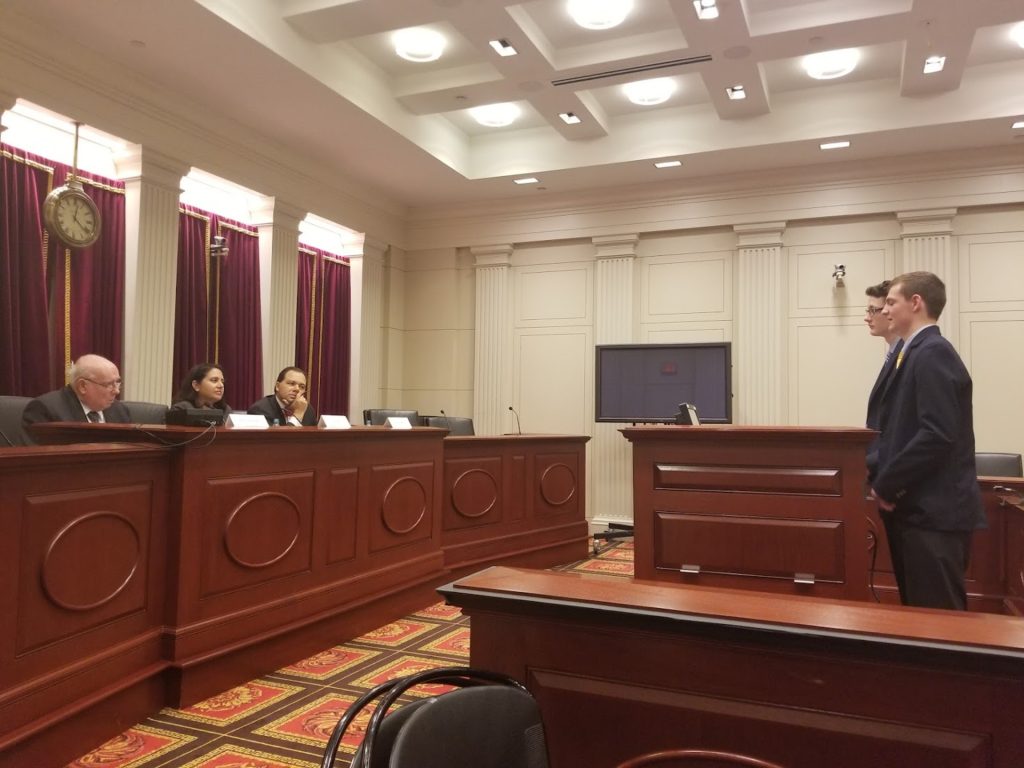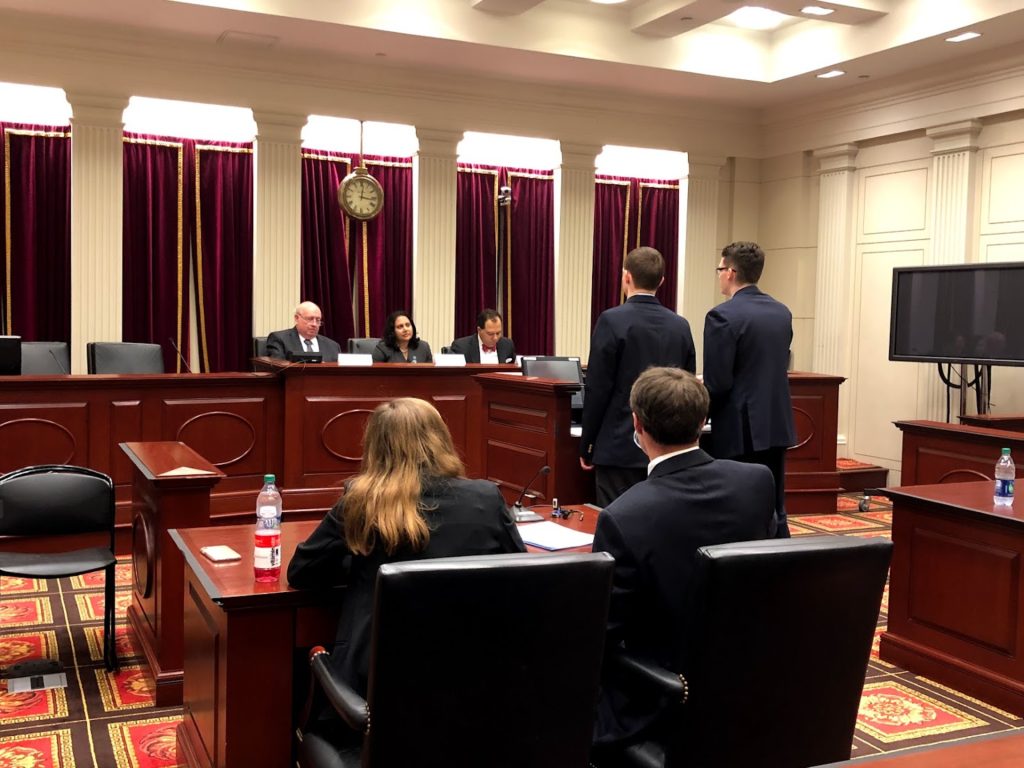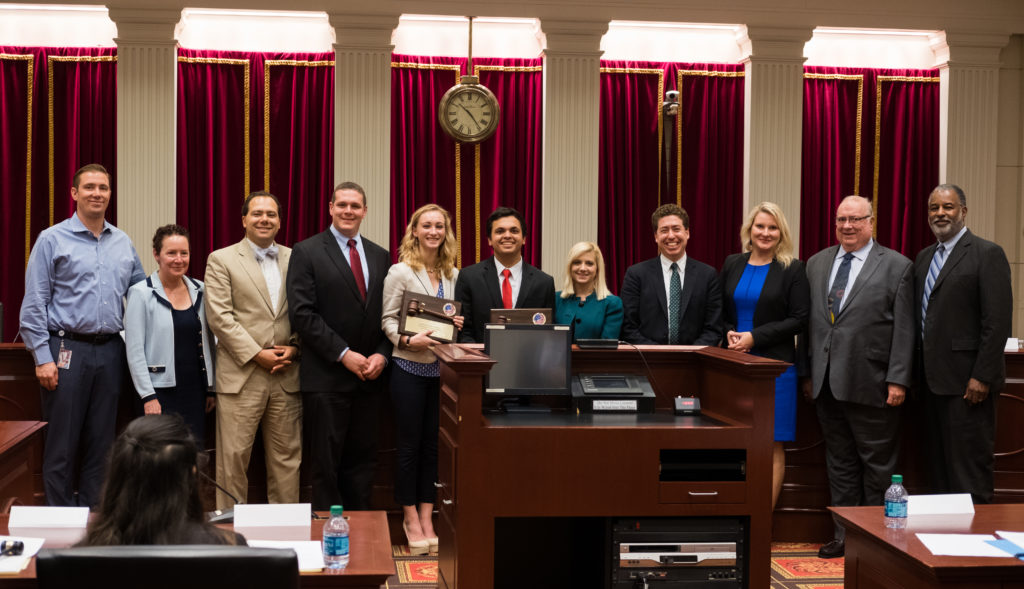Free Speech Coalition v. Paxton
United States Court of Appeals for the Fifth Circuit - Opinion (March 7, 2024)
Supreme Court Docket No. 22-277 (docketed on August 11, 2022)
Certiorari granted by the United States Supreme Court (September 29, 2023)
Oral Argument Scheduled for TBD.
Case Information
- Petitioners: Free Speech Coalition
- Respondents: Ken Paxton, Attorney General of Texas
Supreme Court Filings
Briefs from Free Speech Coalition:
Briefs from Paxton:
Amicus Briefs in support of Free Speech Coalition:
Amicus Briefs in support of Paxton:
- To be filed on 11/22/24
Supreme Court Precedents
- Ginsberg v. New York, 390 U.S. 629 (1968)
- Miller v. California, 413 U.S. 15 (1973)
- Erznoznik v. City of Jacksonville, 422 U.S. 205 (1975)
- Sable Commc’ns v. FCC, 492 U.S. 115 (1989)
- Denver Area Educ. Telecomm. Consortium, Inc. v. FCC, 518 U.S. 727 (1996)
- Reno v. ACLU, 521 U.S. 844 (1997)
- United States v. Playboy Ent. Grp., Inc., 529 U.S. 803 (2000)
- Ashcroft v. Free Speech Coal., 535 U.S. 234 (2002)
- Ashcroft v. ACLU, 542 U.S. 656 (2004)
- Brown v. Ent. Merchs. Ass’n, 564 U.S. 786 (2011)
- Nat’l. Inst. of Family and Life Advocs. v. Becerra, 585 U.S. 755 (2018)
- Mahanoy Area Sch. Dist. v. B.L., 594 U.S. 180 (2021)
- Moody v. NetChoice, LLC, 144 S. Ct. 2383 (2024)
Tournament Instructions
Teams of two high-school students will write an appellate brief, and present oral arguments, addressing the following question:
- Whether Texas House Bill 1181 should be reviewed with rational-basis review scrutiny or strict scrutiny?
Petitioners will argue that Texas House Bill 1181 should be reviewed with strict scrutiny.
Respondents will argue that Texas House Bill 1181 should be reviewed with rational basis scrutiny.
Phase 1 - Research and Write Your Brief
Coaches can register their teams at the Institute for Competition Sciences (ICS). ICS will generate a number for each team. Odd-numbered teams will represent the Petitioners and even-numbered teams will represent the Respondents.
Teams will research and write their briefs. Carefully review the lesson plan. The brief must be a minimum of 2,000 words. Please download this template. The brief should have the following sections:
- Table of Cited Authorities: List all of the original sources, and other documents you cite in your brief.
- Summary of Argument: State your position succinctly in 250 words or less.
- Argument: Structure your argument based on at least ten Supreme Court precedents. The more authorities you cite, the stronger your argument will be–and the more likely your team will advance.
- Conclusion: Summarize your argument, and argue how the Supreme Court should decide this issue.
Be sure to proofread your work. The work must be yours, and you may not seek help from anyone else–including attorneys or law students. Students who submit plagiarized briefs will be disqualified.
Please review the winning submissions from previous years:
- OT 2023 - Moody v. NetChoice
- OT 2022 - Students for Fair Admissions v. Harvard
- OT 2021 - New York State Rifle & Pistol Association v. Bruen
- OT 2020 – Torres v. Madrid
- OT 2019 – Espinoza v. Montana Department of Revenue
- OT 2018 – Timbs v. Indiana
- OT 2017 – Carpenter v. United States
- OT 2016 – Trinity Lutheran Church v. Comer
- OT 2015 – Abigail Fisher v. University of Texas, Austin (II)
- OT 2014 – Zivotofsky v. Kerry
- OT 2013 – National Labor Relations Board v. Noel Canning
- OT 2012 – Abigail Fisher v. University of Texas, Austin (I)
Phase 2 - Virtual Mentoring
Teams that register before November 4, 2024 will be invited to participate in a virtual mentoring session. These sessions will be hosted during the week of December 2, 2024. The Harlan Institute will match each class with a mentor from our network. These sessions will be helpful to finalize your briefs and prepare your preliminary round arguments.
Phase 3 - Preliminary Round
For the preliminary round, each team must prepare a YouTube video. The argument must be at least 15 minutes in length. Coaches will ask their students the following ten questions:
-
What, if any, is the value of low-level speech such as pornography?
-
Was the First Amendment created to protect this kind of speech? Does that matter here?
-
Who’s First Amendment rights are impacted by the Texas law? Is it minors, adults, or the platforms themselves?
-
Why can or can’t the government simply ban access to pornography online?
-
In what ways is the Texas law a content-based imposition on speech? In what ways is it not?
-
Is including social media and search engines under the age verification requirement a reason to find this law unconstitutional?
-
The law requires age verification when more than a third of the website’s content is inappropriate for children. Would the law be more or less burdensome if the threshold was increased?
-
Ashcroft v. ACLU applied strict scrutiny to a law that burdened adults’ access to online speech, not the rational basis test. Why should the court not apply the same standard here?
-
Ashcroft v. ACLU identified that content moderation through filtering settings was a less restrictive means of protecting minors online. Has that proven true in the time since Ashcroft?
-
If the Court were to find that the Texas law burdens the First Amendment rights of adults, does that mean petitioners win?
-
Adults concerned for their privacy may not access websites requiring age verification. Is that a sufficient reason for striking this law down?
-
If the Court finds that the law requires examination under strict scrutiny, does that mean that the petitioners win?
-
Are the privacy concerns presented by online age verification similar to the privacy concerns required to access age-restricted purchases in a traditional brick and mortar store?
-
In the years since Ginsberg v. New York have increased technology capacities increased or decreased the privacy concerns associated with age verification processes?
-
Online access to harmful materials presents unique obstacles to parents trying to protect their kids. If this law is found to be unconstitutional, what else can Texas do to protect minors accessing online material?
Teams will upload a PDF of their brief, as well as a link to their YouTube video to the Institute of Competition Sciences. The deadline for the preliminary round will be December 16, 2024. The brief and preliminary round video will be scored based on this rubric.
Phase 4 - Virtual Rounds
We will hold the Virtual Rounds over Zoom:
- Semifinal Round: 2/10/25, 2/11/25, 2/12/25
- Round of 8: 2/24/25, 2/25/25, 2/26/25
- Round of 4: 3/24/25, 3/25/25, 3/26/25
The virtual rounds will be scored based on this rubric. This video offers five tips to prepare for oral argument:
Phase 5 - Championship Round Rounds
The top teams will receive a free trip to Washington, D.C. to argue the championship round before federal judges on May 1, 2024.
https://www.youtube.com/watch?v=kBPlhZGX01k&ab_channel=JoshBlackman
.
